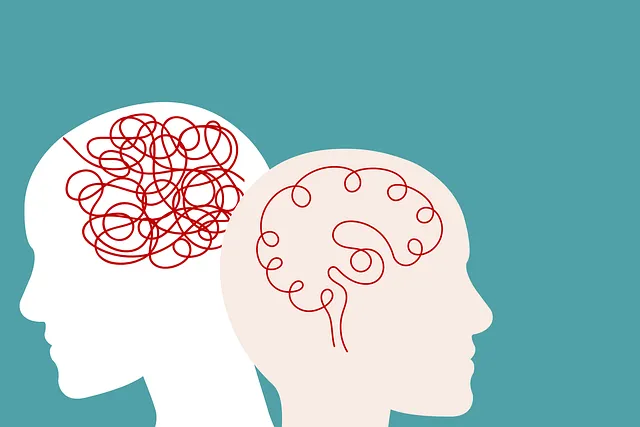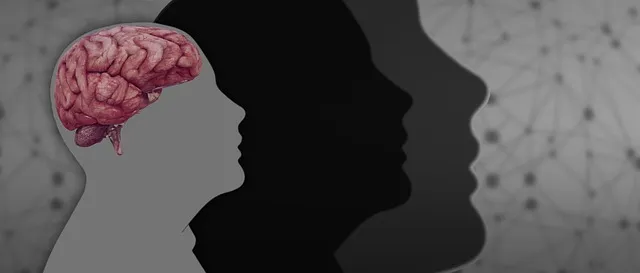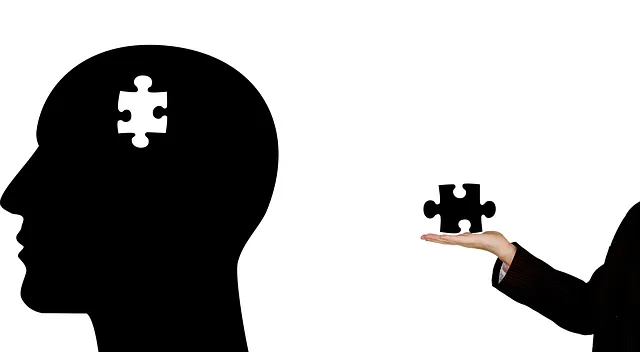Emotional Intelligence (EI) is a critical skill for mental health professionals, enhancing their ability to manage emotions and understand clients. Kaiser Permanente's mental health services in Lafayette offer a holistic approach, integrating EI training with comprehensive programs. This coverage facilitates access to quality care, stress management, and improved emotional well-being for the community. By combining therapy, self-care, and cultural competency, Kaiser empowers individuals to develop inner strength, navigate challenges, and foster emotional intelligence through effective emotion regulation.
Emotional intelligence (EI) is a powerful tool for navigating life’s complexities. This article explores the fundamentals of EI, providing insights into how professionals like Lafayette and Kaiser contribute to emotional well-being. We delve into proven approaches, such as Kaiser’s mental health therapy methods, and uncover key components essential for building EI. Additionally, we emphasize the synergistic effect of integrating therapy with self-care for optimal personal growth, addressing concerns about mental health support through platforms like Kaiser.
- Understanding Emotional Intelligence: The Basics
- Kaiser's Approach to Mental Health Therapy
- Lafayette's Role in Enhancing Emotional Well-being
- Components of Building Emotional Intelligence
- Integrating Therapy and Self-Care for Optimal Growth
Understanding Emotional Intelligence: The Basics

Emotional intelligence (EI) is a concept that refers to an individual’s ability to recognize, understand, and manage their own emotions, as well as perceive, interpret, and respond appropriately to the emotions of others. It involves a set of skills and competencies that enable people to navigate relationships and social interactions effectively. Understanding EI begins with grasping its key components: self-awareness, self-management, social awareness, and relationship management.
Lafayette does Kaiser cover mental health therapy? This question is relevant when considering the importance of emotional intelligence in mental health professionals. Effective therapists must possess strong EI to provide quality care. Emotional regulation, a critical aspect of EI, helps manage anxiety relief and stress for both therapists and clients. Additionally, risk management planning for mental health professionals often involves understanding and navigating complex emotions, ensuring safe and therapeutic environments.
Kaiser's Approach to Mental Health Therapy

Lafayette residents now have access to mental health therapy services through Kaiser Permanente, one of the leading healthcare providers in the region. This integration is a significant step forward in improving mental wellness within the community. Kaiser’s approach focuses on holistic care, recognizing that emotional intelligence and mental well-being are deeply interconnected with physical health. Their comprehensive programs cater to diverse needs, offering not just treatment for specific disorders but also tools for stress management, mood regulation, and building resilience.
The Lafayette location of Kaiser Permanente offers a unique blend of medical expertise and cultural competency training, ensuring that patients receive care tailored to their individual backgrounds and experiences. This includes strategies for improving communication, empathy, and self-awareness—key aspects of emotional intelligence. Through regular sessions with mental health professionals, patients can learn effective coping mechanisms, boost their confidence, and develop a deeper understanding of themselves, ultimately empowering them to navigate life’s challenges more effectively.
Lafayette's Role in Enhancing Emotional Well-being

Lafayette plays a pivotal role in enhancing emotional well-being, particularly through its offerings in mental health therapy, as explored under Kaiser’s coverage. This support is crucial for individuals seeking to navigate complex emotions and foster healthy mental wellness. With access to professional therapy, members of the Lafayette community can embark on their journey towards better emotional intelligence (EI).
The integration of Mental Wellness Coaching Programs and Development within Lafayette’s services ensures that individuals are equipped with effective communication strategies. These programs focus on guiding people through emotional healing processes, empowering them to understand and manage their emotions effectively. By addressing mental health proactively, Lafayette contributes to creating a more resilient and emotionally intelligent environment for its members.
Components of Building Emotional Intelligence

Emotional intelligence building involves several interconnected components. One of the cornerstones is self-awareness exercises, which help individuals recognize and understand their emotions. By engaging in these practices, folks can gain a deeper understanding of their triggers, strengths, and weaknesses, fostering better emotional regulation. This self-reflection is crucial for navigating life’s challenges and enhancing mental wellness.
Lafayette does Kaiser cover mental health therapy? Yes, many health insurance plans, including Kaiser, offer coverage for various forms of therapy, including those aimed at boosting emotional intelligence. Leveraging these resources can significantly aid in developing inner strength, enabling individuals to handle stress, build resilience, and improve their overall quality of life.
Integrating Therapy and Self-Care for Optimal Growth

Integrating therapy and self-care practices is a powerful strategy for cultivating emotional intelligence and fostering mental wellness. Many people often overlook the importance of combining professional support with personal well-being routines. Lafayette does Kaiser cover mental health therapy, making accessible resources like counseling and psychotherapy to aid individuals in navigating their emotions and challenges.
By embracing both therapy sessions and dedicated self-care activities, one can enhance their inner strength development and improve stress management skills. Therapy provides a safe space for exploring thoughts and feelings, while self-care practices nurture the mind, body, and spirit. This holistic approach allows individuals to better understand themselves, manage their emotions effectively, and cultivate resilience in all areas of life.
Emotional intelligence is a powerful tool for personal growth, and by combining therapeutic practices with self-care strategies, individuals can unlock their full potential. As discussed, Lafayette’s approach to enhancing emotional well-being complements Kaiser’s mental health therapy services, providing a holistic framework for development. Building emotional intelligence involves recognizing and managing one’s emotions, as well as understanding and empathizing with others. By integrating these components into daily life, people can foster healthier relationships, make more thoughtful decisions, and ultimately lead happier, more fulfilling lives.






